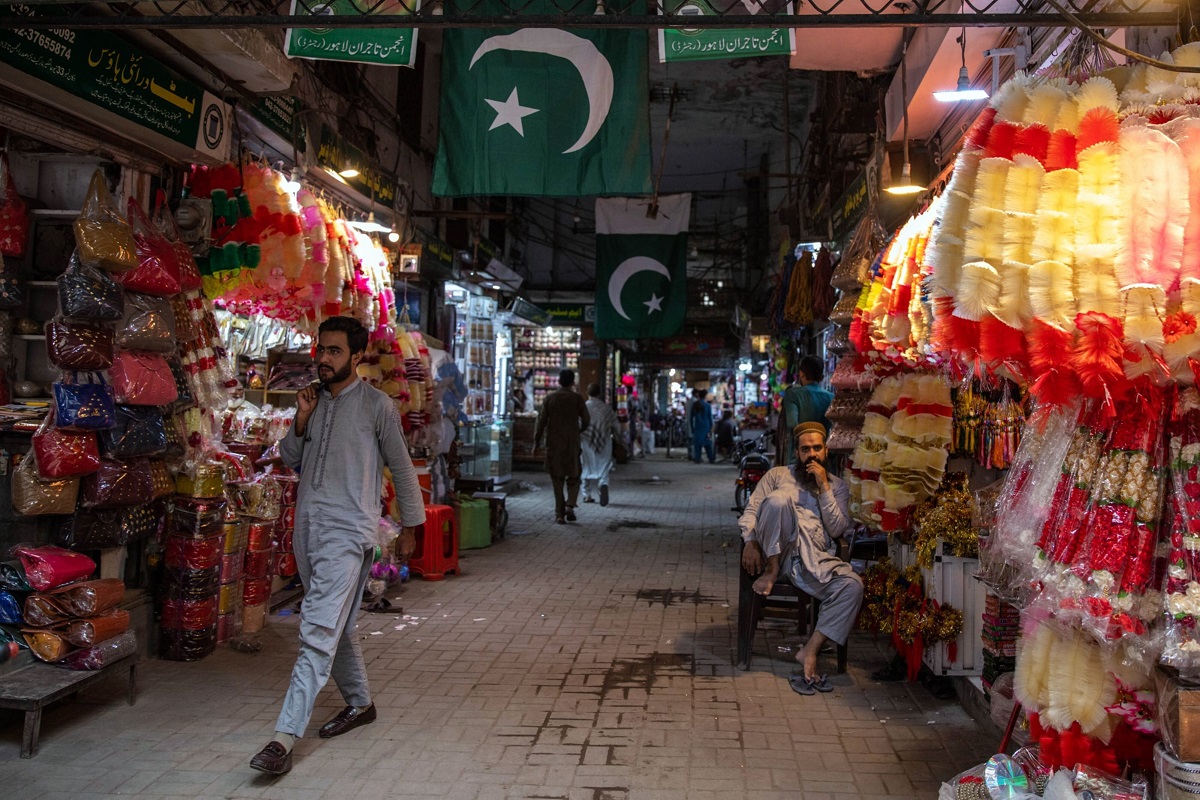(July 13): Pakistan reached a new US$7 billion (RM32.68 billion) loan deal with the International Monetary Fund (IMF), offering breathing room for new Prime Minister Shehbaz Sharif’s government to shore up a faltering economy and manage its mounting debts.
To secure the new IMF loan, announced Friday, Sharif’s government forced through a series of unpopular reforms, including record-high taxes and increased energy prices, to meet IMF conditions, standard practice that has often triggered public backlash.
“The new programme aims to support the authorities’ efforts to cement macroeconomic stability and create conditions for a stronger, more inclusive, and resilient growth,” the IMF said in a statement.
The new 37-month deal, which will be Pakistan’s 25th since independence, comes as the country faces loan repayments of about US$24 billion this fiscal year, which started July 1.
The staff-level agreement will need to be approved by the IMF’s executive board, which is almost always a formality, before the funds can be released. No date has been set for the board vote.
The nation has moved from one loan program to another amid chronic economic crisis, completing its last IMF programme of about US$3 billion in April. While the country’s inflation has cooled from 28% in January, it was still running at Asia’s hottest rate of more than 12% last month.
Pakistan will aim to raise tax revenues by 1.5% of gross domestic product (GDP) in the current fiscal year, and by 3% of GDP over the course of the new program, the IMF said. That includes bringing some retail, export and agriculture incomes “properly into the tax system”, it said.
Finance Minister Muhammad Aurangzeb has said that the loan package is necessary to attract more foreign investments. Sharif is seeking funds from Gulf states including Saudi Arabia and the United Arab Emirates, and is pushing to launch the second phase of China’s multi-billion economic corridor in Pakistan.
As part of the new deal, however, Pakistan has also agreed to phase out incentives for so-called special economic zones and other guaranteed benefits that have helped lure foreign direct investment.
About half of the country’s debt repayments this year are for loans from China, Saudi Arabia and the United Arab Emirates, countries that are expected to extend the loan terms for another year, according to central bank Governor Jameel Ahmad.
Aurangzeb said earlier this month that the basic framework for the loan agreement had been hammered out during a 10-day visit by IMF staff to Pakistan in May.
Pakistan has also agreed to reform its energy sector by implementing regular price adjustments and privatising state-owned entities. The government is also seeking initial bids for New York’s Roosevelt Hotel and is in the final stages of selling its national airline.
Uploaded by Chng Shear Lane

Leave a Reply